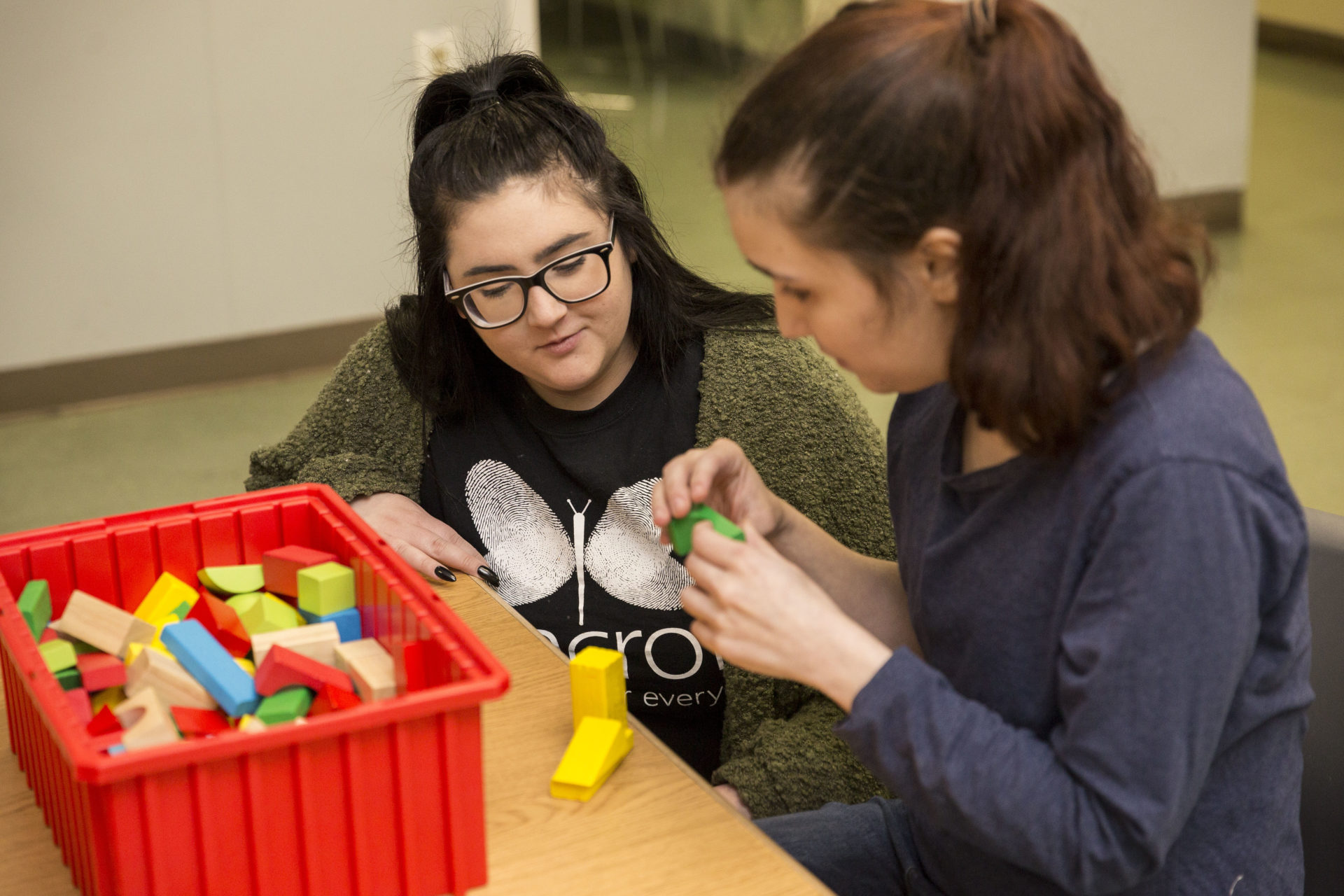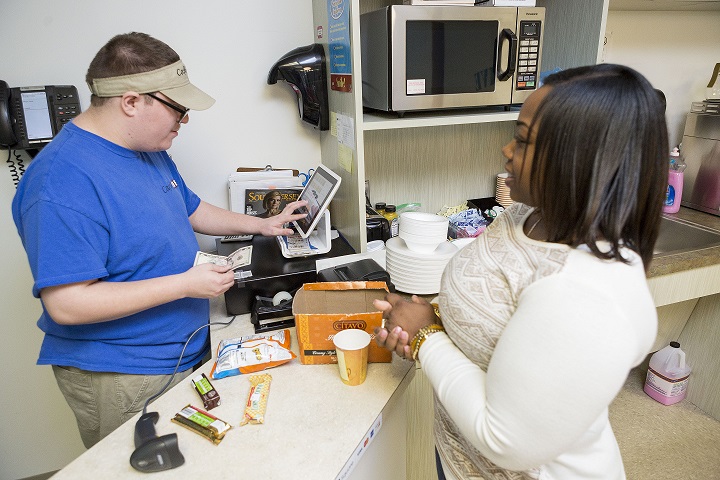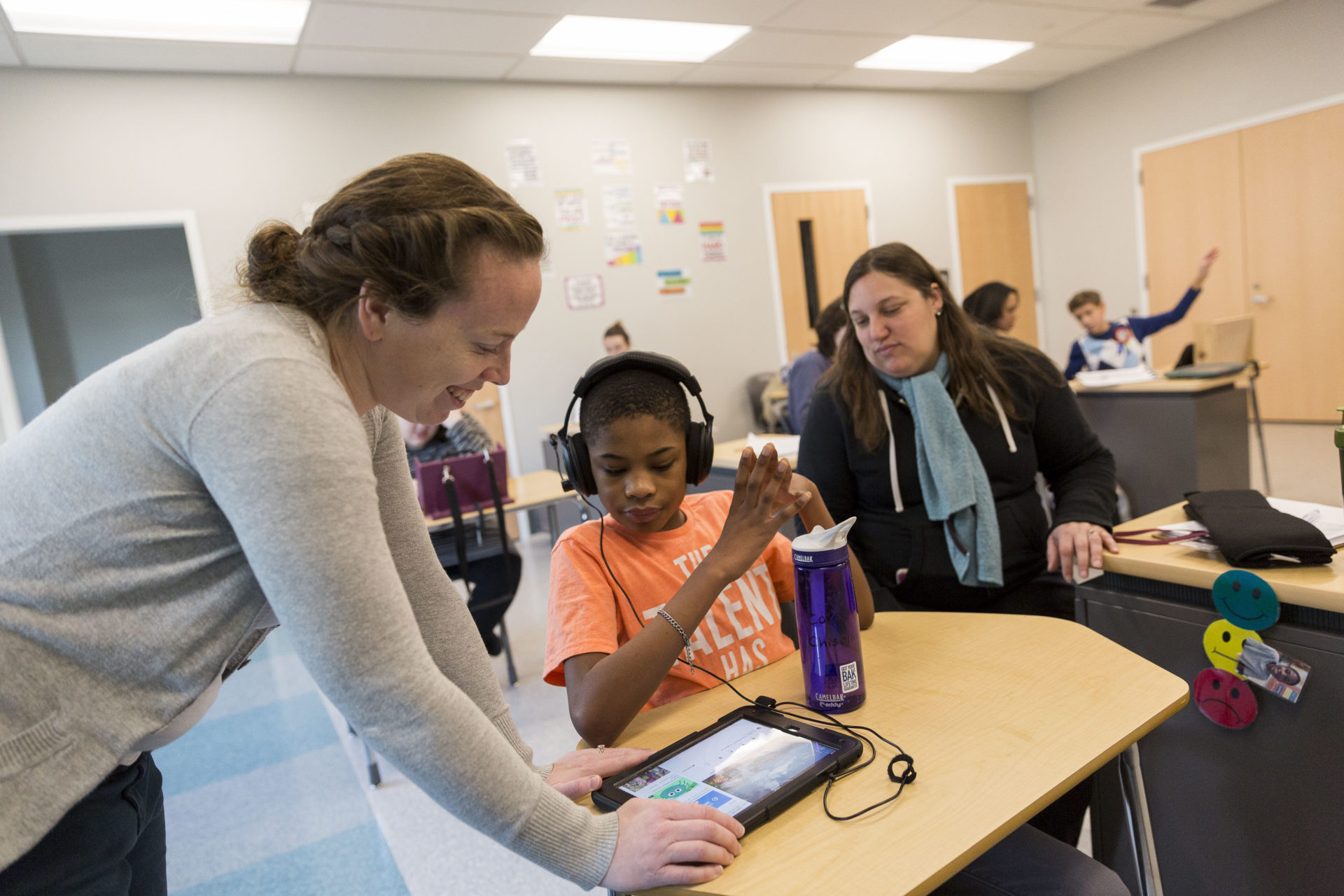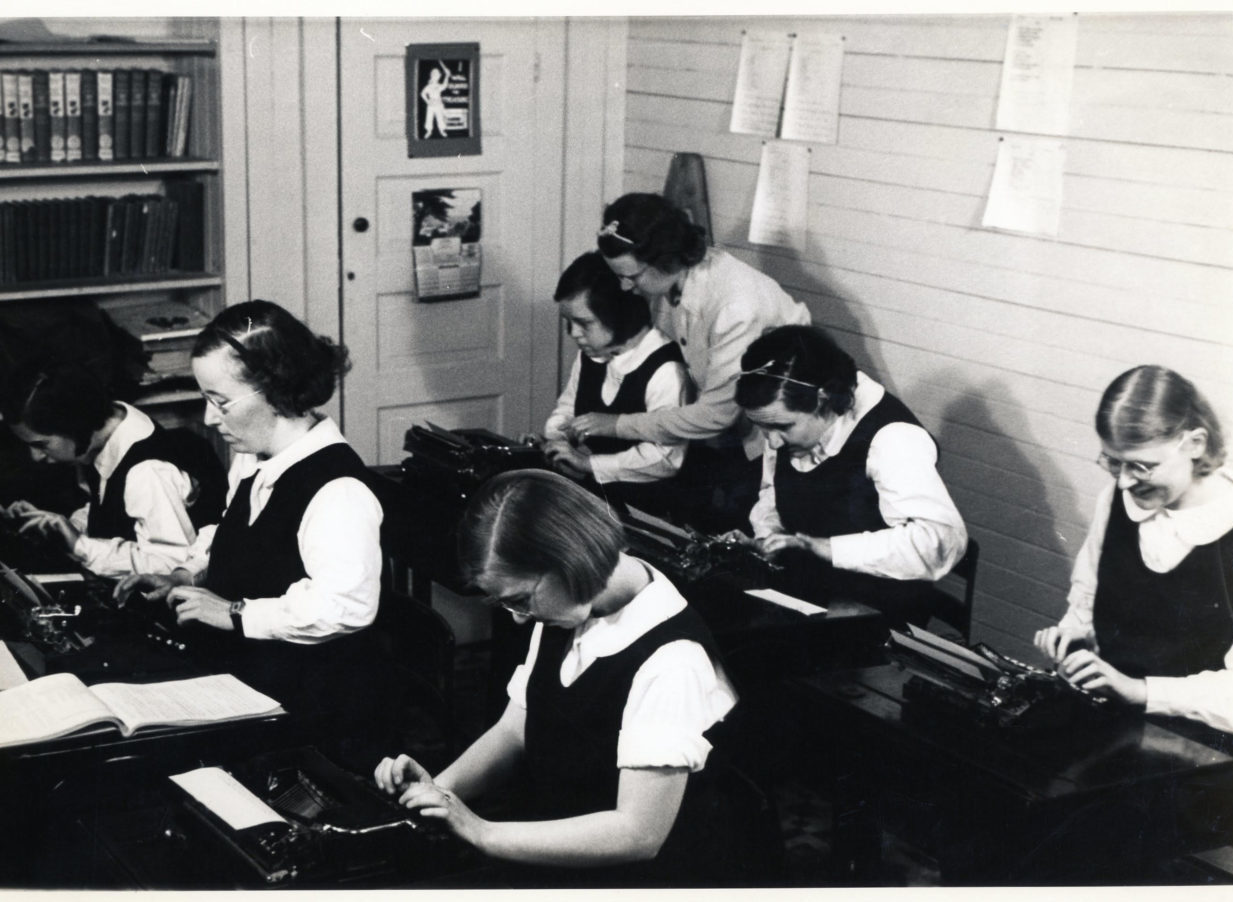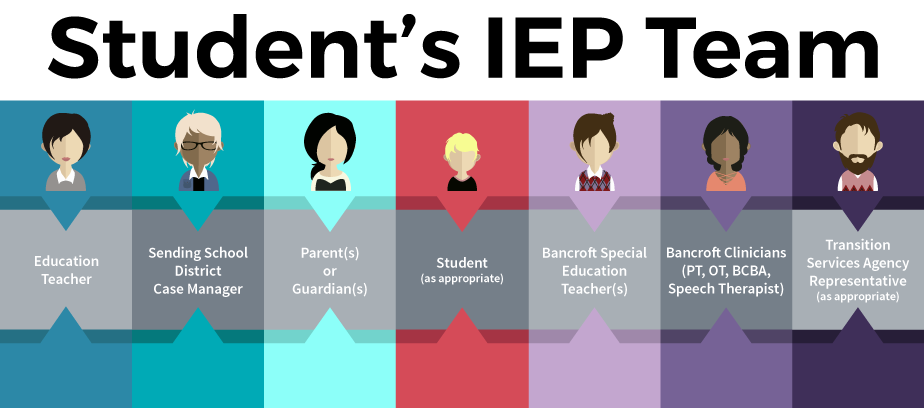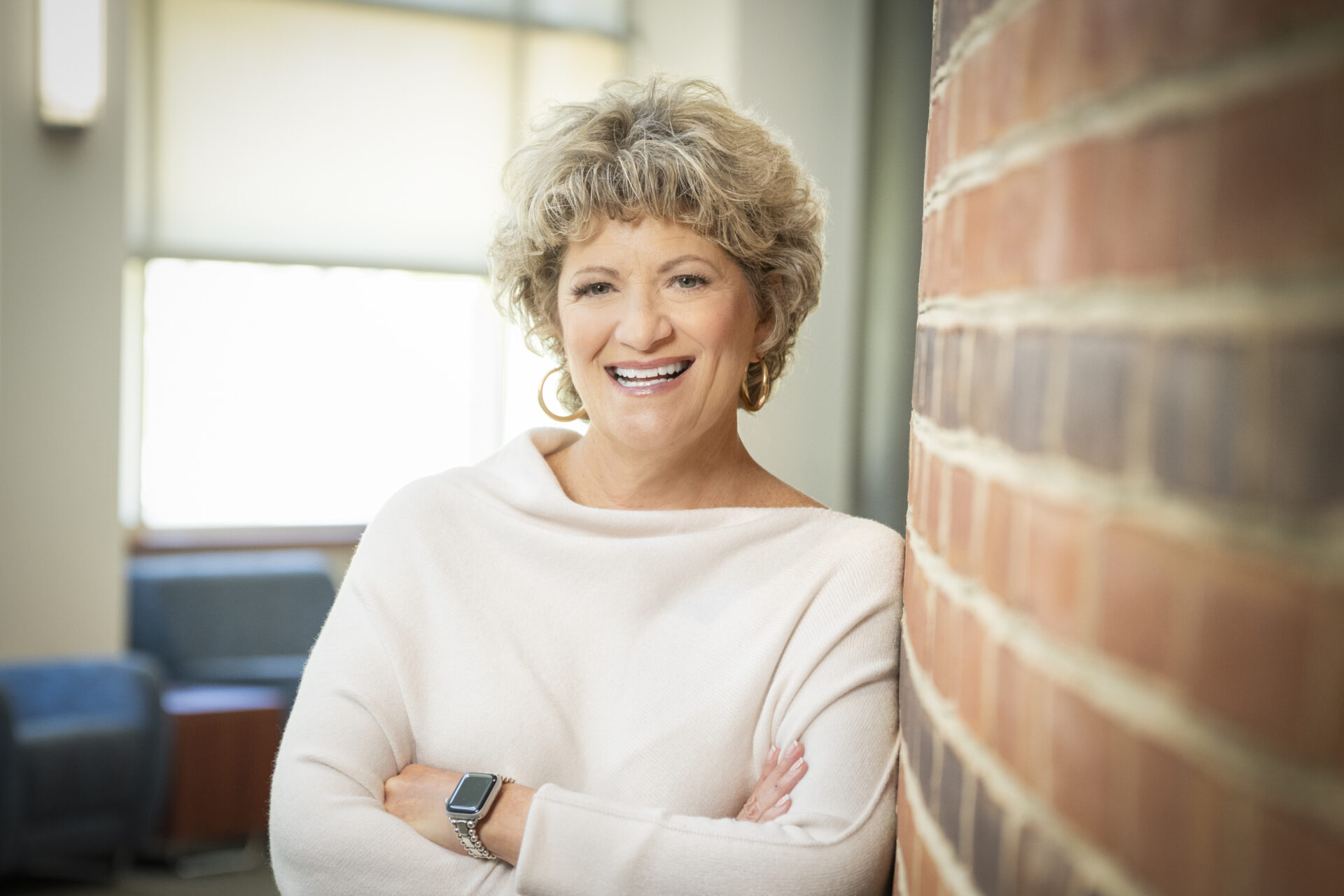Tips to guide parents who are new to the process of developing their child’s individualized education plan.
By Misty Simmons, MSW, LSW
Social Work Director, Bancroft Children’s Services
For parents of children with special needs, navigating the world of education and support services can seem daunting. That’s especially true for parents of the youngest children — those who are preparing to enter the school system for the first time.
If you’re one of those parents, you’re not alone. More than 200,000 children in New Jersey receive special accommodations in the classroom, according to the NJ Department of Education.
Each of those students has an Individualized Education Plan, or IEP — the cornerstone of ensuring children with disabilities have access to a quality education that addresses their unique needs.
If your child has been in the school system for any period of time, you’re likely familiar with the process. But for parents of our youngest students, preparing for that first IEP meeting can be rife with stress, worry and unknowns.
As Director of Social Work for Bancroft’s Children’s Services program, I’ve guided countless families through this process. We know how important it is for parents and caregivers to arm themselves with the right information — and what questions they should be asking during IEP meetings.

What is an IEP (Individualized Education Plan)?
An Individualized Education Plan (IEP) is a strategy that supports students in special education. The plan is adapted to meet a student’s educational needs, and adapted as the student grows and goals change. It stays with the student throughout their school years. The plan is typically developed by a team of professionals including special education teachers, school administrators, therapists, social workers and parents or guardians, and reviewed annually at an IEP meeting that brings together the members of the team, with the student, as appropriate.
What can I expect during an IEP meeting?
Your child’s entire team – including educators and any therapists – may be present, but you, the parent, are an equally important voice. Remember everyone has a shared goal: to help your child reach their full potential. Keep an open mind and be open to new approaches as your child’s needs change. Most importantly, speak up and be empowered to ask questions about funding, entitlements and other complex issues that affect your child’s education.
How can I prepare for an IEP meeting?
Have a list of skills and a few specific goals you’d like your child to work on. If possible, be in touch with his teacher prior to the meeting to get on the same page – and request an advanced copy of any proposed goals. That way, everyone knows what to expect, and meeting time can be best utilized.
Some questions to ask during your IEP meeting:
In what ways can our family support my son’s/daughter’s goals at home?
Request specific strategies and task analysis regarding how your child is being taught in the school setting. Parents can arm them themselves with the same tactics and teach the skills in the same manner at home. Specific life skills areas may include communication, dressing, hygiene and self-feeding skills, among academic skills, too.
How will the school foster independence? How will you work with my child to fade and eventually discontinue 1:1 staff support?
The IEP meeting is a great time to ensure your child will be exposed to vocational skill building at an early age. A solid plan for fading 1:1 supports should be developed and the student should learn to work in a ratio with other students.
I have outside services in my home or go to an additional service through instance. Can they be involved in the IEP process?
At Bancroft, we work with outside services as any other part of your child’s treatment team. They are invited to all parent collaboration meetings.
What type of vocational opportunities and job skill acquisition will my child receive to prepare for adulthood?
Students should be exposed to pre-vocational and job skill training as young as elementary school. Be an advocate and ensure your child is receiving adequate preparation for adult life. Middle and high school students should participate in career exploration and be exposed to a variety of experiences. In the last few years of school, students should participate in internships to further build skills, increase independence, develop a resume, and prepare for opportunities after age 21.
Other questions you may want to ask include:
- Do you do augmentative communication evaluations?
- How often will I be updated on my child’s progress?
- How will my child’s sensory needs be met?
For older children, preparation for adulthood is a key building block in special education, but it’s never too early to focus on building independence and life skills — or to create open lines of communication with your child’s education team to help them meet their goals at every step of the way.
The Preschool & Early Education Program is moving – and growing!
We’re moving to Moorestown, NJ, for the July 2021 Extended School Year. A larger location enables an enhanced curriculum, serving an even greater number of children with autism and other intellectual and developmental disabilities than ever before.
With a focus on building communication, and encouraging collaboration between school districts and families, each child’s educational programming is individualized to meet their unique needs.
Seats are available for students in preschool through age 11.
To learn more or schedule a screening, contact Lisa Carroll at [email protected] or 856-348-4007.

